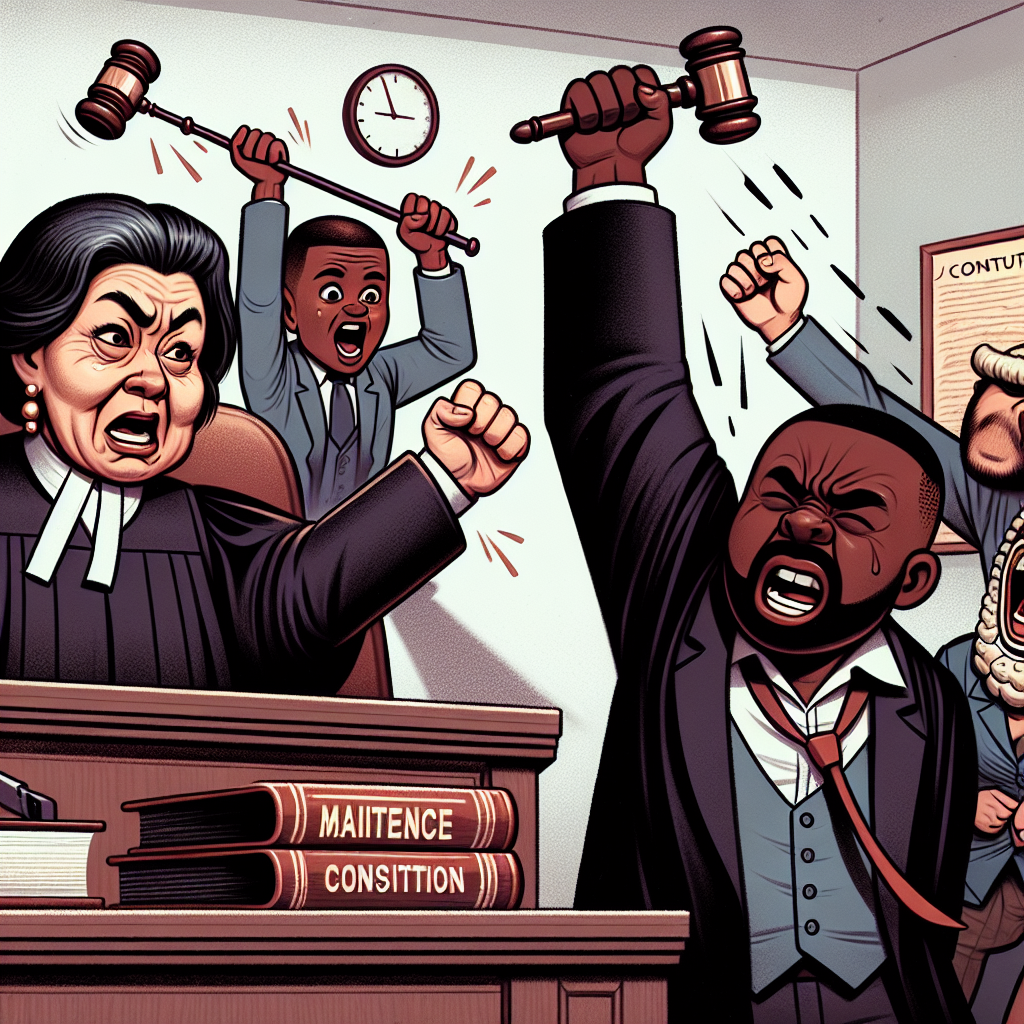High Court Acquittal Shakes Up the 7/11 Mumbai Train Blast Case
The acquittal of 12 accused in the 7/11 Mumbai train blasts case has raised questions about the Anti-Terrorism Squad's investigation. The Bombay High Court dismissed the ATS's theory of SIMI-LeT involvement, citing flaws in evidence and confessions. This setback highlights the complexities of terrorism-related prosecutions.

- Country:
- India
The Bombay High Court's decision to acquit 12 individuals previously convicted in the 7/11 Mumbai train blast case has cast doubt on the credibility of investigations by the Anti-Terrorism Squad (ATS). The court overturned the ATS's theory implicating the banned Students' Islamic Movement of India (SIMI) and Pakistani group Lashkar-e-Taiba (LeT) in the attacks.
The devastating blasts occurred on July 11, 2006, resulting in the deaths of over 180 people. Initially, the ATS arrested 13 suspects, of whom five were sentenced to death, and seven received life imprisonment. However, the high court found that confessional statements, crucial to the prosecution's case, were inadmissible due to allegations of torture and fabrication.
Despite the ATS's silence on the verdict's ramifications, it plans to assess its future steps after consulting with the special public prosecutor. This acquittal underscores the challenges in building strong, credible terrorism-related cases amid allegations of procedural shortcomings and human rights concerns.
(With inputs from agencies.)
ALSO READ
Delhi High Court Upholds Acquittal in High-Profile Suicide Case
Delhi High Court Upholds Acquittal in Abetment to Suicide Case
Maharashtra government to challenge HC acquittal of all 12 Mumbai train blasts accused in Supreme Court: CM Devendra Fadnavis.
Faith and Justice: A 19-Year Ordeal Ends with Acquittal
Italian Supreme Court Faces Salvini Acquittal Appeal










